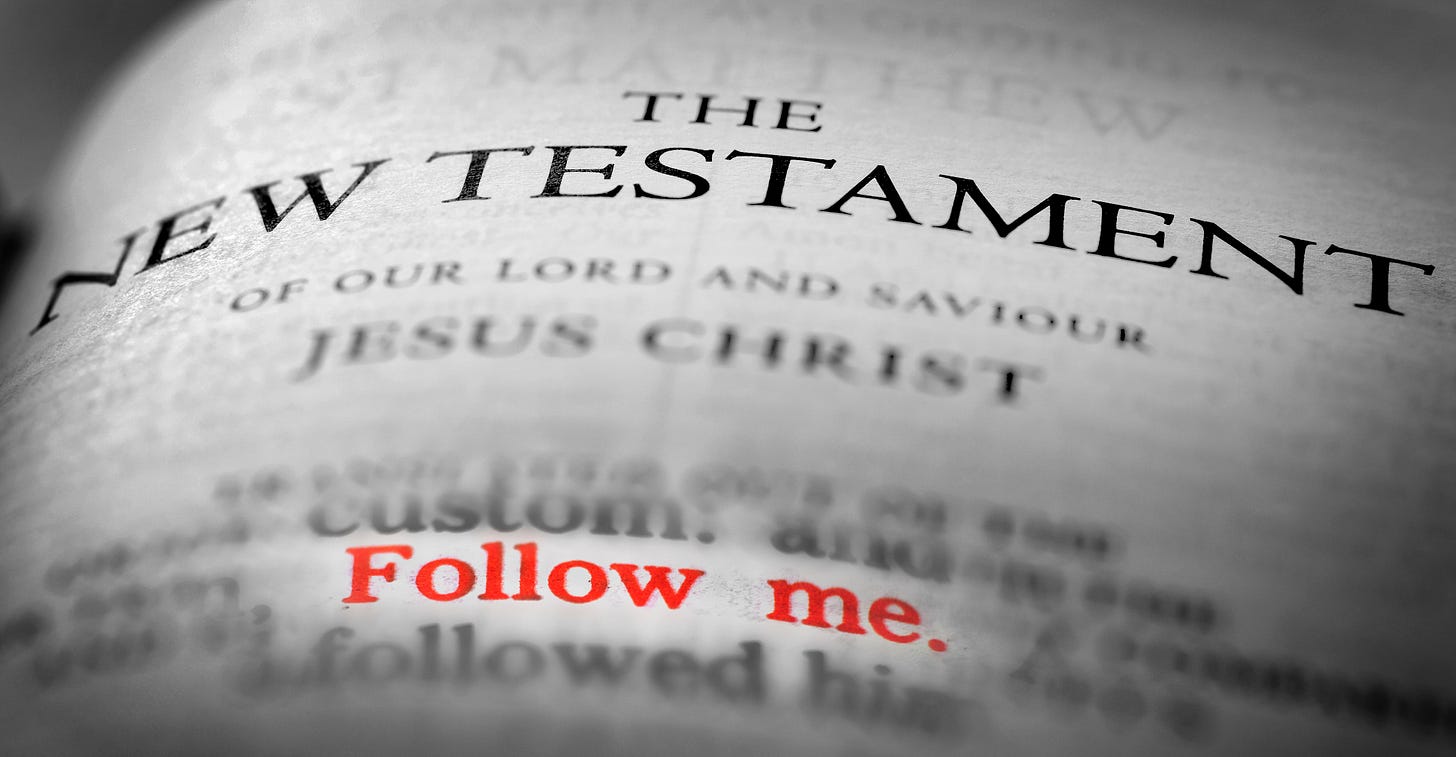Did Christ Start the Catholic Church? If so, where does the Bible say "Catholic"?
Go ahead and get your Bible out ... this is where you'll find it!
Is the "Catholic Church" Mentioned in Scripture?
Some may ask, "If Jesus started the Catholic Church, where does the Bible say “Catholic”? Well, at first glance, you might not see the word "Catholic" spelled out explicitly in the Bible. But let’s take a closer look—especially at Matthew 28:16-20. If you don’t see the word “Catholic,” read it again caref…




